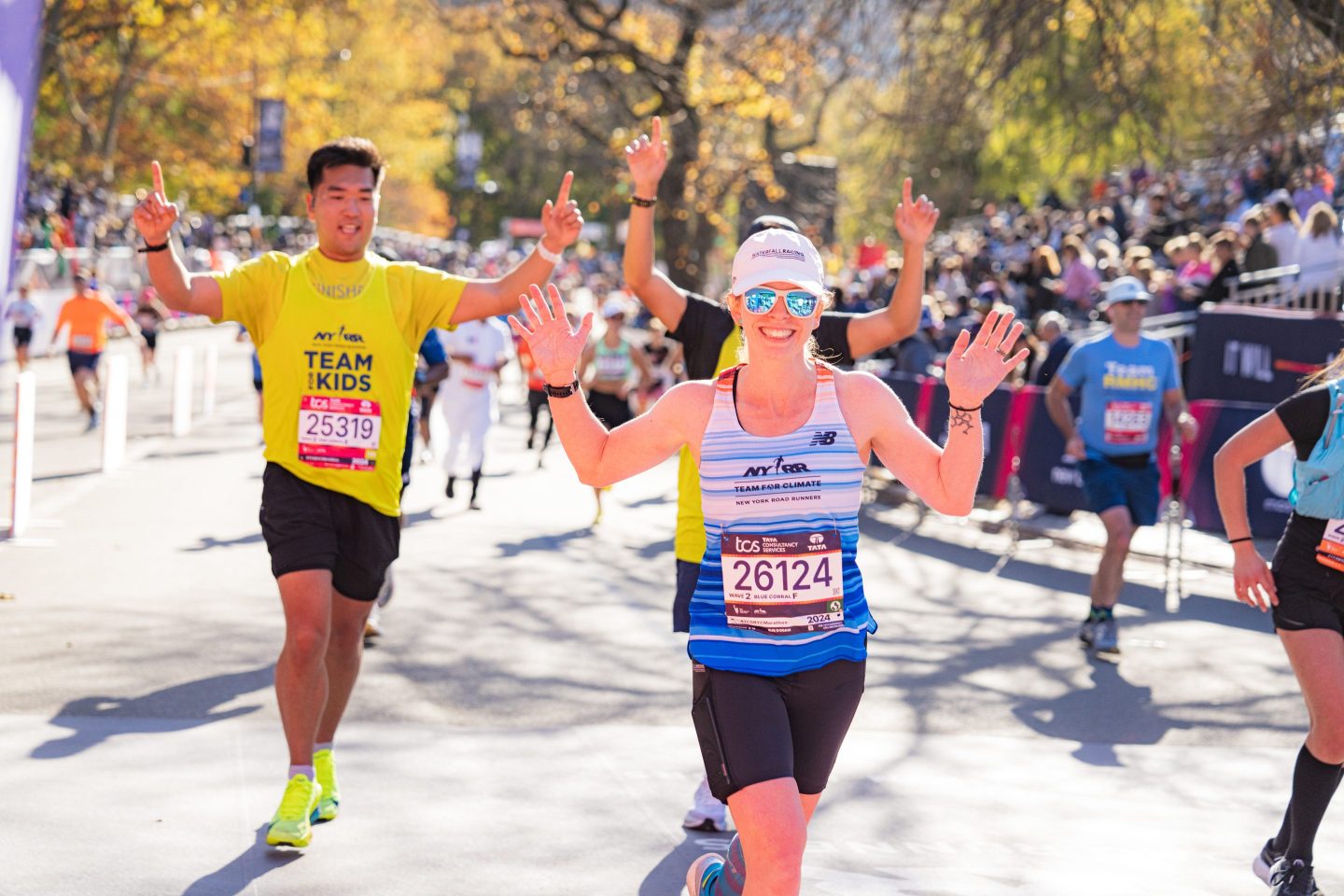There’s a late entrant into the COVID-19 vaccine race: The United States Army. And it hopes its own variety of COVID shot can protect against emerging variant strains of coronavirus, a threat which may loom large going forward and is feeding a resurgence of cases in certain regions.
On Tuesday, Army doctors began human clinical trials of the somewhat complicatedly dubbed the spike ferritin nanoparticle (SpFN) COVID vaccine candidate at the Walter Reed Army Institute of Research (WRAIR), which is housed under the Army’s medical research arm.
Officials said that the technology behind this particular vaccine could be more effective at protecting against new strains of coronavirus, although existing COVID vaccines such as Pfizer/BioNTech’s have demonstrated efficacy against certain newer strains.
But the fact is that viruses continually evolve, and the Army’s hope is that its own version will offer more widespread protection. And that was the goal of the research leading up to the moment.
“Even before recent COVID-19 variants were identified, our team was concerned about the emergence of new coronaviruses in human populations, a threat that has been accelerating in recent years,” said Dr. Kayvon Modjarrad, director of the Emerging Infectious Diseases Branch (EIDB) at WRAIR, in a statement. “That’s why we need a vaccine like this: one that has potential to protect broadly and proactively against multiple coronavirus species and strains.”
“Potential” is the critical word there. The hopes are based on pre-clinical studies conducted in monkeys which suggest this vaccine type, which relies on a technology which the scientists leading development say protects against the spike protein, which the coronavirus uses to piercer cels, but with a multi-faced design that could take on a multitude of strains.
Importantly, the initial studies suggest that two doses of this vaccine given over the course of four weeks can produce a high level of “neutralizing antibodies,” the types which, well, more effectively neutralize the threat.
But it’s also pretty late in the game with Pfizer’s, Moderna’s, Johnson & Johnson’s, AstraZeneca’s, and multiple other COVID vaccines already authorized, approved, or at later stages of the clinical trial process. Initial data in human trials may not come in until the middle of the summer, and the early sample size is much smaller than the tens of thousands of participants recruited for other trials.
With vaccine development and a changing virus, though, anything that proves effective could just add to the arsenal.











